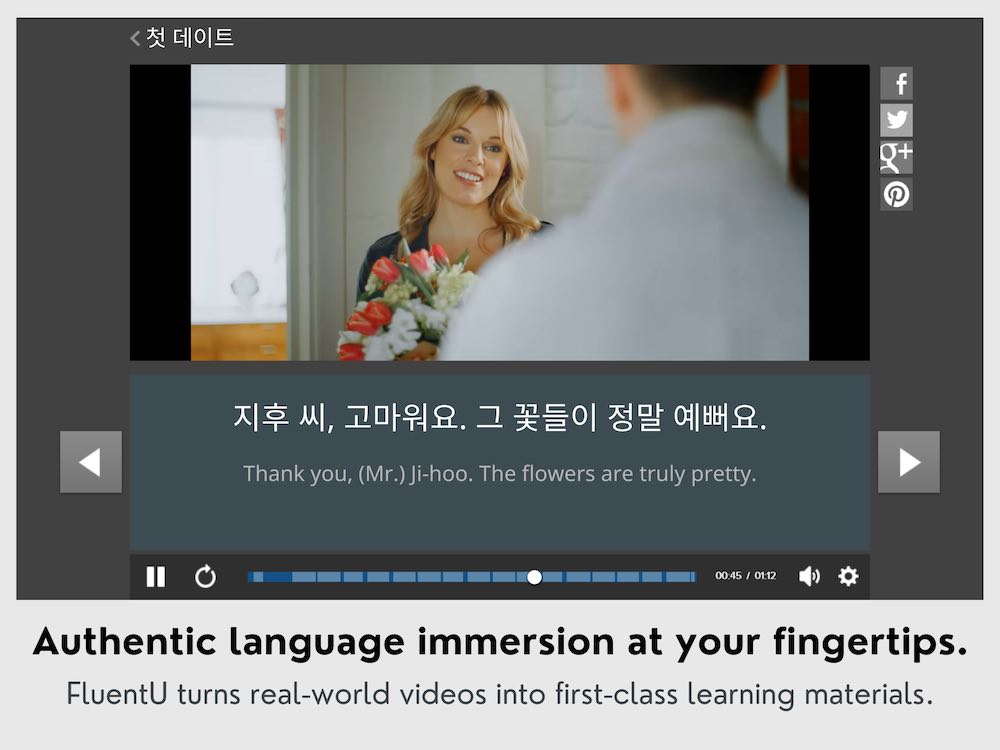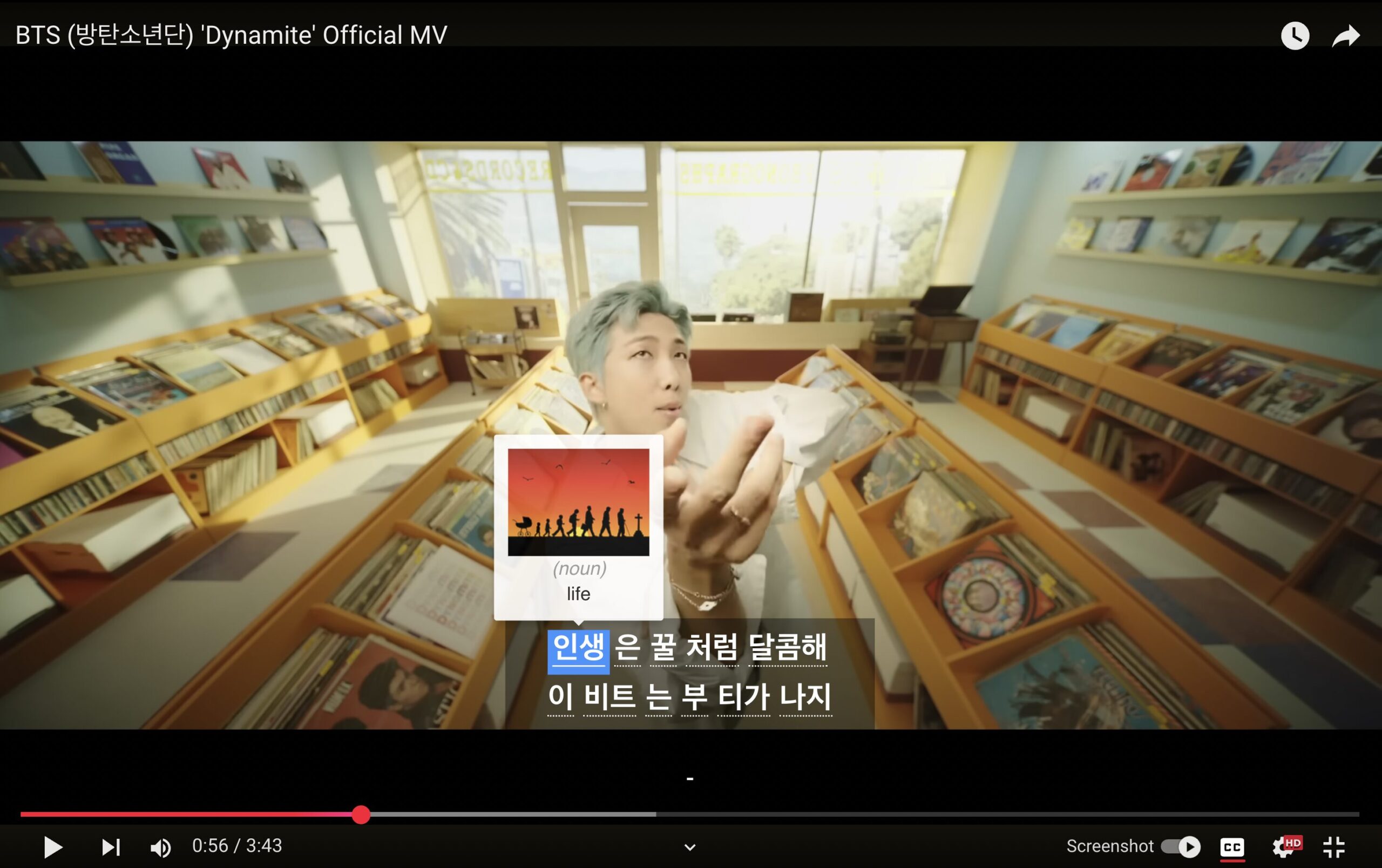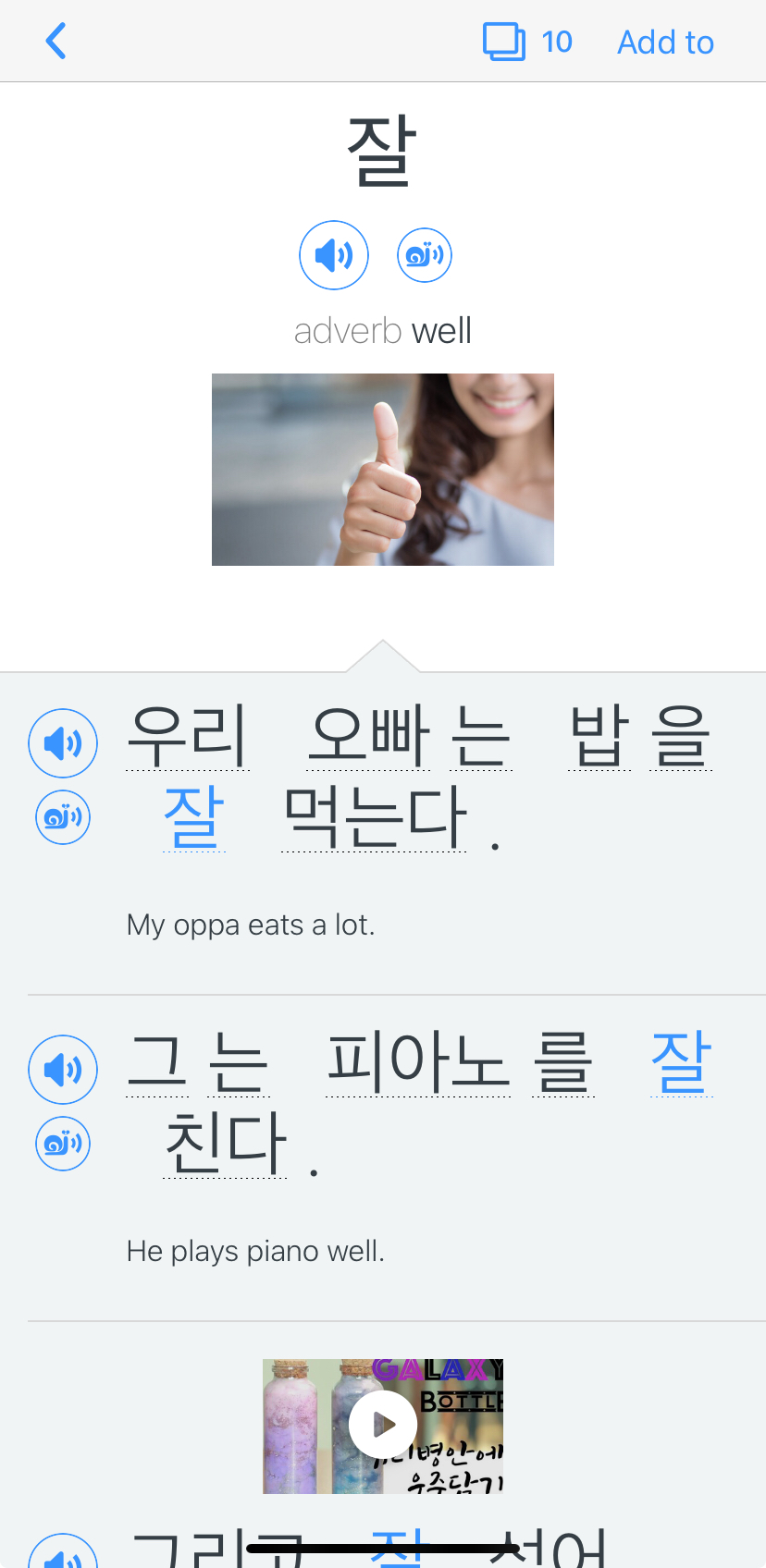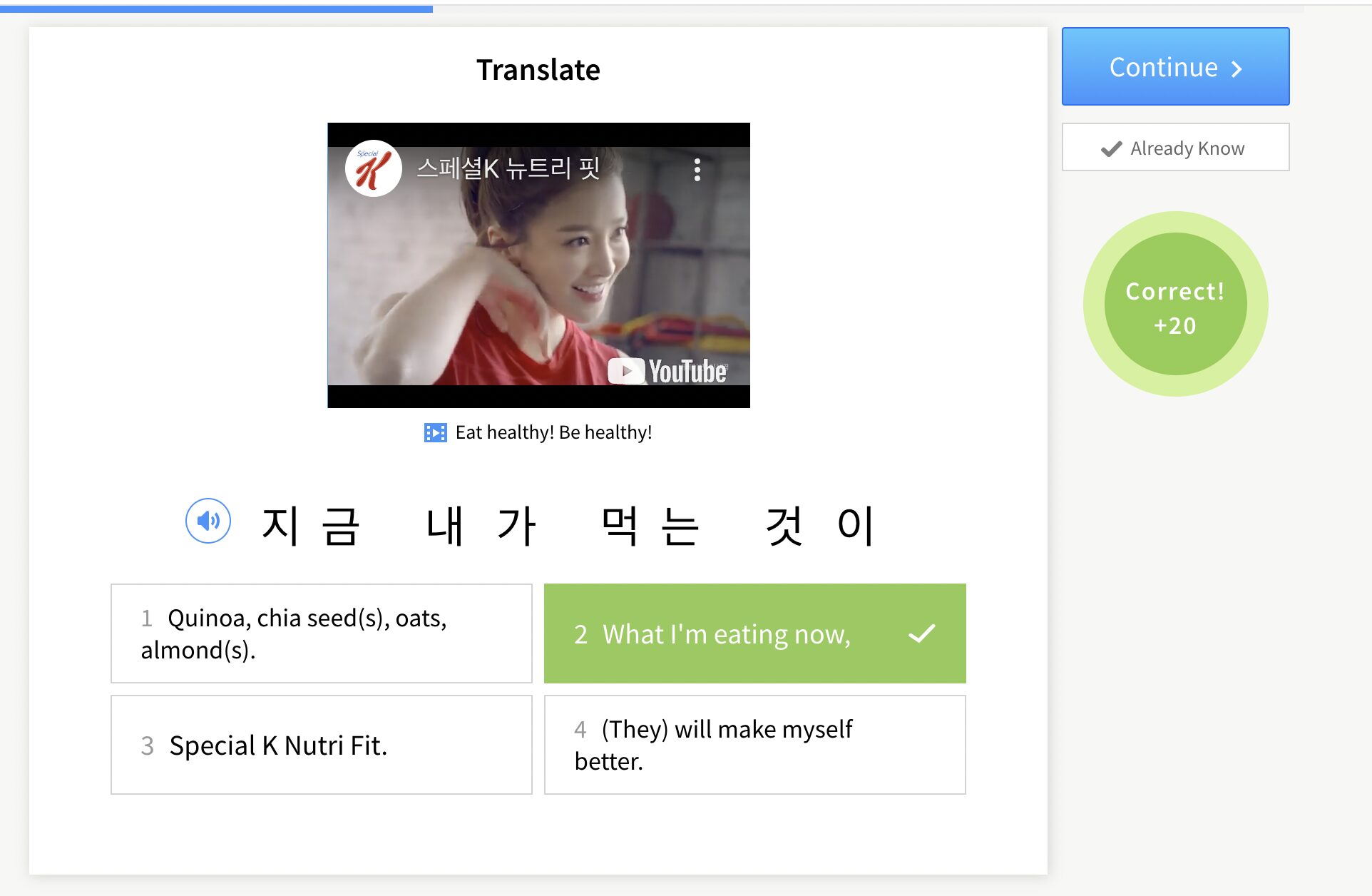Does It Really Take 2200 Hours to Learn Korean?

According to the FSI (Foreign Service Institute), it takes an estimated 88 weeks or 2200 hours to reach professional working proficiency in Korean.
However, you can’t exactly provide calculations for something as complex as learning a language. So in this guide I will explain some of the factors that will affect how long it takes for each person to learn Korean.
Download: This blog post is available as a convenient and portable PDF that you can take anywhere. Click here to get a copy. (Download)
How Long Does It Take to Learn Korean?
According to the FSI (Foreign Service Institute), Korean is considered a Category V language, marking it as “super hard” for English speakers to acquire.
It’s estimated that it would take approximately 88 weeks or 2200 hours to reach professional working proficiency, a level in which you would be comfortable in daily conversations and basic business contexts.
Following these calculations, we can make some very rough estimates. It may take around:
- ~200+ hours to reach beginner level
- ~800+ hours to reach intermediate level
- ~1600+ hours to reach an advanced level
But, there are a few factors that will affect how long it takes each individual to learn Koran.
Factors that Affect How Long It Takes to Learn Korean
How you organize your study time
Simply put, more time spent studying will boost your Korean language acquisition. However, as the saying goes, quality over quantity!
Just because a learner spends 20 hours a week studying Korean doesn’t mean they will be closer to fluency than a learner who spends only 5 hours weekly.
It’s important you consider how you spend your time. Organize your study sessions so that it best suits you and your schedule. Think:
- How many days of the week will you include Korean study?
- Will you study in the morning, afternoon or evening?
- Should you split the time into hours-long chunks, or spread them out throughout the day in 30-minute periods?
How to Learn Korean Fast [20 Tips] | FluentU Korean Blog
Wondering how to learn Korean fast? Read this guide to hear about 20 useful tips for learning the language as quickly as possible, with advice on rapidly improving your…
Your motivation and discipline
Of course, if you’re super pumped to learn Korean, that enthusiasm will certainly help you to learn faster and harder. But you can’t always depend on motivation as the fuel for your language studies. If that’s the case, you’ll likely have more “off” days than “on” days.
Along with your motivation and inspiration, you should focus on the power of discipline. Be firm and consistent with your studies, even if you don’t feel like doing them for the moment.
Try to establish reasonable deadlines beforehand: for example, you may say you’d like to become comfortable with the Korean alphabet in one week, familiarize yourself with a certain conjugation within two weeks and so forth.
Your experience with language learning
It’s generally accepted that if you’ve never learned another language before, then Korean can be more difficult to grasp at first. This is the case for any other foreign language.
Those who have never learned a second language may need more time to get accustomed to the existence of linguistic differences and learn to steadily break away from the one language they’re comfortable with.
Meanwhile, a multilingual person may already come prepared to “shatter the rules” and know that not everything can have a direct translation to his or her native language. Some things they picked up from other languages can be applied to the next language they learn.
But don’t be discouraged if you don’t have much experience learning a foreign language! There’s a first time for everything and Korean is an excellent choice as a second language.
Your choice of learning methods
Again, quality over quantity! Learning Korean is tough work, so it’s important to pick the right learning style that fits you.
Here are a number of questions you should ask yourself:
- Do you prefer learning through visual, auditory or reading/writing means?
- Do you like to learn by yourself or with a group of other students?
- What kind of physical space best suits your study preferences? A room in your home? An actual classroom?
- Would you like physical or digital study tools?
Studying in a manner that doesn’t suit you can slow down your progress and stifle your motivation. Make the process of studying invigorating and comfortable, so that you can address the actual linguistic challenges more than the technical ones.
The 15 Best Resources for Korean Listening Practice | FluentU Korean Blog
Get some Korean listening practice and improve your listening comprehension with these 15 awesomely varied Korean listening resources! You’ll get a list of courses, books,…
Study materials and resources you use
I also encourage you to diversify your learning resources, as opposed to just sticking with the same study tools. Don’t be afraid to experiment with different materials–doing so can make for more productive language learning!
Don’t just depend on textbooks and classes. Using native Korean content as study material will quicken your learning speed and abilities. This includes material such as K-pop songs, K-dramas, Korean films, Korean foods, Korean books and so forth.
Content that’s originally created for native Korean speakers will:
- Show the language used in context
- Provide more natural and authentic use of the language
- Give hints of cultural aspects behind the language
- Teach in a more interactive, inclusive manner that can stimulate your learning and interest
By immersing yourself in all things Korean, language practice will become an everyday, casual matter.
11 Ways to Get Korean Immersion at Home | FluentU Korean Blog
Become immersed in Korean culture with this guide to the best language immersion options, both abroad in Korea and right at home! We’ll take you through seven popular…
One tool that is great for this, especially when you’re just starting out, is the language learning program FluentU.
FluentU takes authentic videos—like music videos, movie trailers, news and inspiring talks—and turns them into personalized language learning lessons.
You can try FluentU for free for 2 weeks. Check out the website or download the iOS app or Android app.
P.S. Click here to take advantage of our current sale! (Expires at the end of this month.)
Korean Compared to Other East Asian Languages
Historically, Korean (like most other East Asian languages) was influenced by the Chinese language. Its first written system consisted of Chinese characters, and there’s still an entire counting system in use that’s based on Chinese numbers.
However, many linguists consider Korean a “language isolate.” This means that it doesn’t have a clear genealogy to any other language. This makes Korean linguistically unique and special.
Korean has an exclusive (and rather straightforward) written alphabet called Hangul, which was commissioned by a king. In other words, you won’t have to learn complex characters or various writing systems like in Chinese and Japanese.
Hangul | The Korean Alphabet | FluentU Korean
If you want to learn Korean, the best place to start is with the Korean alphabet! Hangul is a super straightforward writing system, so read this guide to find all about…
In terms of grammar and phonetics, Korean is somewhat similar to Japanese. It’s common for Korean and Japanese natives to take to the other language without much difficulty.
For a detailed guide on how to craft a Korean study plan, check out this guide:
How to Learn Korean [16 Steps to Speak Korean from Scratch]
Want to know how to learn Korean, but have no idea where to start? In this post, we give you 16 steps on how to learn Korean from the very beginning. We cover things like…
Ultimately, the length of your Korean learning journey will depend on so many things–some of which you can control, and others you can’t.
But instead of thinking about the number of hours or weeks, it’s more important that you stay eager and curious. With those traits, you’re bound to reach Korean fluency faster than you’d believe.
Download: This blog post is available as a convenient and portable PDF that you can take anywhere. Click here to get a copy. (Download)
And One More Thing...
If you're like me and enjoy learning Korean through movies and other media, you should check out FluentU. With FluentU, you can turn any subtitled content on YouTube or Netflix into an engaging language lesson.
I also love that FluentU has a huge library of videos picked specifically for Korean learners. No more searching for good content—it's all in one place!
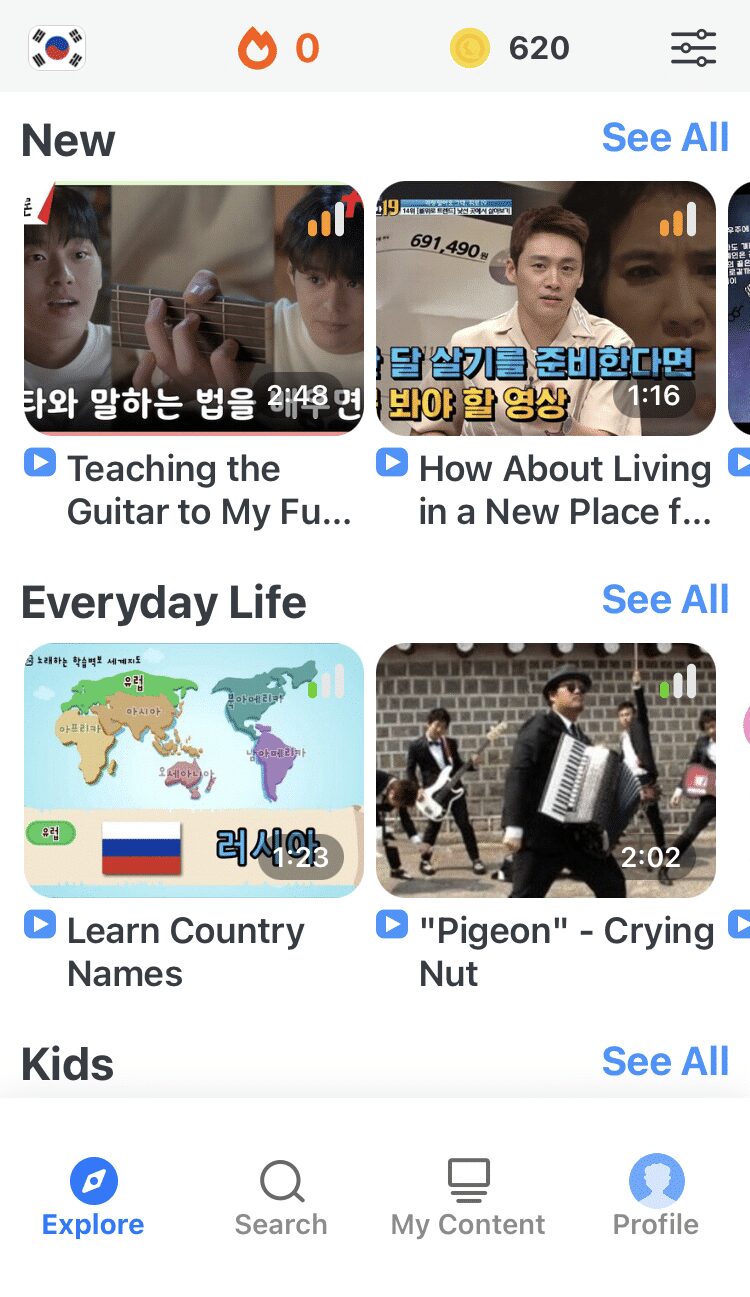
One of my favorite features is the interactive captions. You can tap on any word to see an image, definition, and examples, which makes it so much easier to understand and remember.
And if you're worried about forgetting new words, FluentU has you covered. You'll complete fun exercises to reinforce vocabulary and be reminded when it’s time to review, so you actually retain what you’ve learned.
You can use FluentU on your computer or tablet, or download the app from the App Store or Google Play. Click here to take advantage of our current sale! (Expires at the end of this month.)
